Even with the newer technology inside iPhone 3G, Apple has managed to trim the price of its handsets by over $50 and is making even more profit on each sale, according to a new cost breakdown by iSuppli.
Much of the breakthrough comes through leaving many existing components intact. While the Infineon 3G chipset and the Broadcom Global Locate GPS unit are new, the Samsung processor, flash memory, and numerous other parts are the same as for the 2007-era iPhone, more than offsetting the price increase that stems from the addition of 3G and GPS.
"They [at Apple] have done a good job in using what worked well with the first one and making improvements where it mattered," says iSuppli analyst Jagdish Rebello.
Although some fees can't be escaped, including $45 in royalties to Qualcomm and others for a 3G license, the savings are said to give Apple roughly $281 in profit with each phone's estimated full, pre-subsidy $499 price — or a more than 56 percent profit margin.
This doesn't, however, include shipping, sales, and the cost of bundling pack-in devices, according to the study. Apple's actual profit from each device is anticipated to be less, though the 16GB model is believed to be more profitable as the extra memory adds just $23 to the cost despite the $100 boost to the retail price.
Apple's cost reductions should also get steeper as time goes on, iSuppli adds. Apple's price to build an iPhone could drop to $148 by 2009, extending the electronics maker's margins even further ahead of the next major iPhone update.
AppleInsider should have more information soon.
 Katie Marsal
Katie Marsal






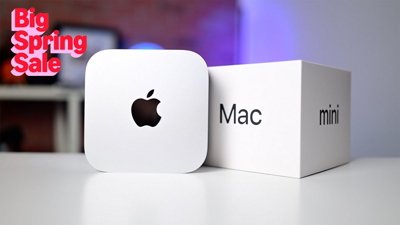
 Christine McKee
Christine McKee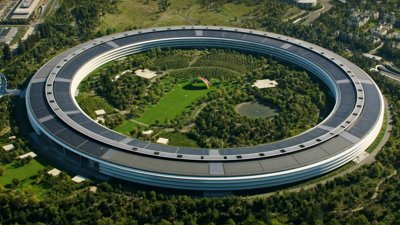
 Wesley Hilliard
Wesley Hilliard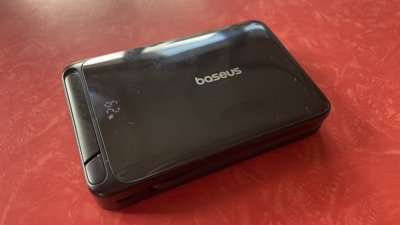
 Thomas Sibilly
Thomas Sibilly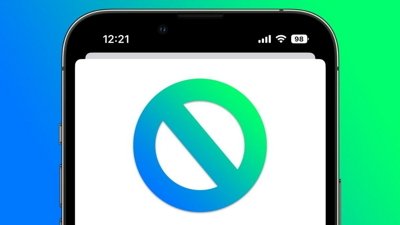
 Marko Zivkovic
Marko Zivkovic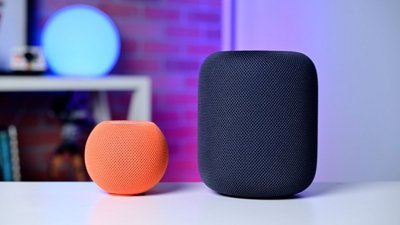
 Andrew O'Hara
Andrew O'Hara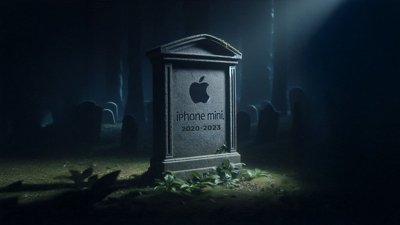
 Amber Neely
Amber Neely
 William Gallagher
William Gallagher
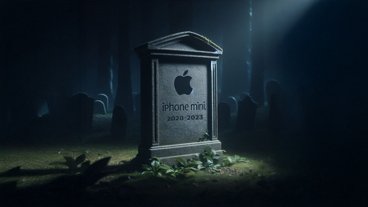

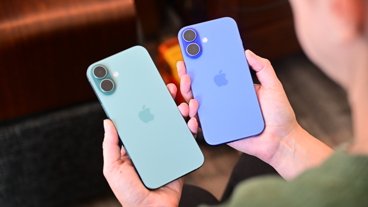






19 Comments
Although some fees can't be escaped, including $45 in royalties to Qualcomm and others for a 3G license, the savings are said to give Apple roughly $281 in profit with each phone's estimated full, pre-subsidy $499 price -- or a more than 56 percent profit margin.
$4,245,000,000 (minus shipping, sales, and the cost of bundling pack-in devices) profit for the iPhone in 2009?
Not too shabby for a company that has been "struggling/bought out by MS/went bankrupt" for the last 20 years...
That's the beauty of technology and Moore's Law at work.
"This doesn't, however, include shipping, sales, and the cost of bundling pack-in devices"
Or R&D, support, and advertising among many other things.
Good for them and my stock!
Not really since it doesn't cover the packaging, the advertising, the R&D, and so on.